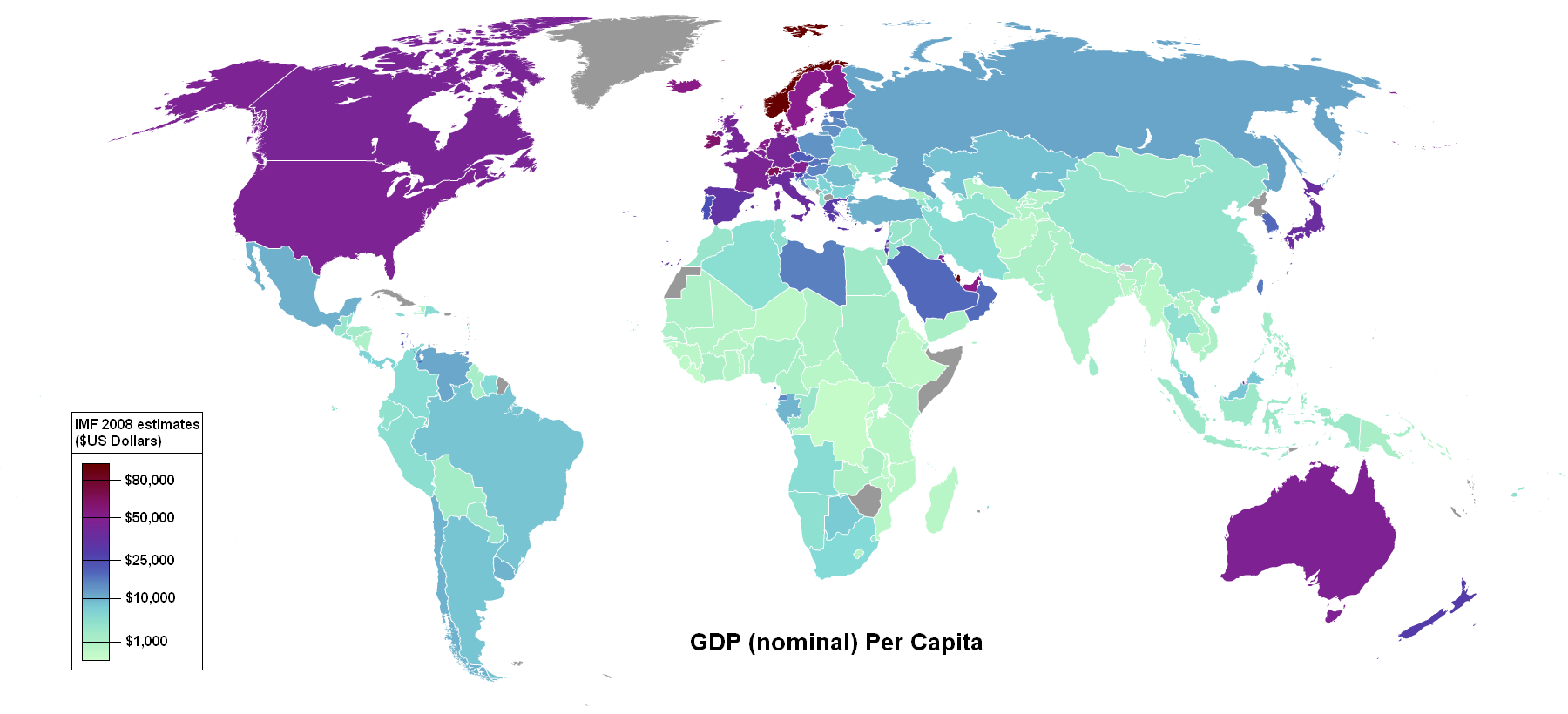This first thing we have to know is that the whole thing going around here is related to Greece default. The debt level of Greece is not sustainable and they will surely go into default - a condition where they cannot pay their creditors. The large debt is due to its economic recession for years.
On Tuesday, October 11, Slovakia government has not approved the plan to overhaul the bailout fund, or the European Financial Stability Facility (EFSF). Since it was tied to a vote of confidence of Slovak Prime Minister Iveta Radicova, she has resigned.
The EFSF is a company which was agreed by the 16 countries that share the euro on May 9th 2010 (Slovakia was not a member of European Union back then), to function by its objective to preserve financial stability of Europe's monetary union by providing temporary financial assistance to euro area member states in difficulty. The plan Slovakia has rejected was a plan to enhance the magnitude of the EFSF, to give the fund more flexibility to stabilize shaky government finances and provide money for banks that need to raise capital - and that would be the banks of Greece.
The bill Slovakia has rejected is suggesting to increase the amount of bailout fund to €440 billion, which means the member states have to pay more to the EFSF.
What will EFSF do with this money? One of the many scenarios tells that the EFSF could buy €440 billion worth of bonds issued by Greece government and use those securities as collateral to borrow from banks in the private sector. The proceeds could then be used to buy even more government bonds.







